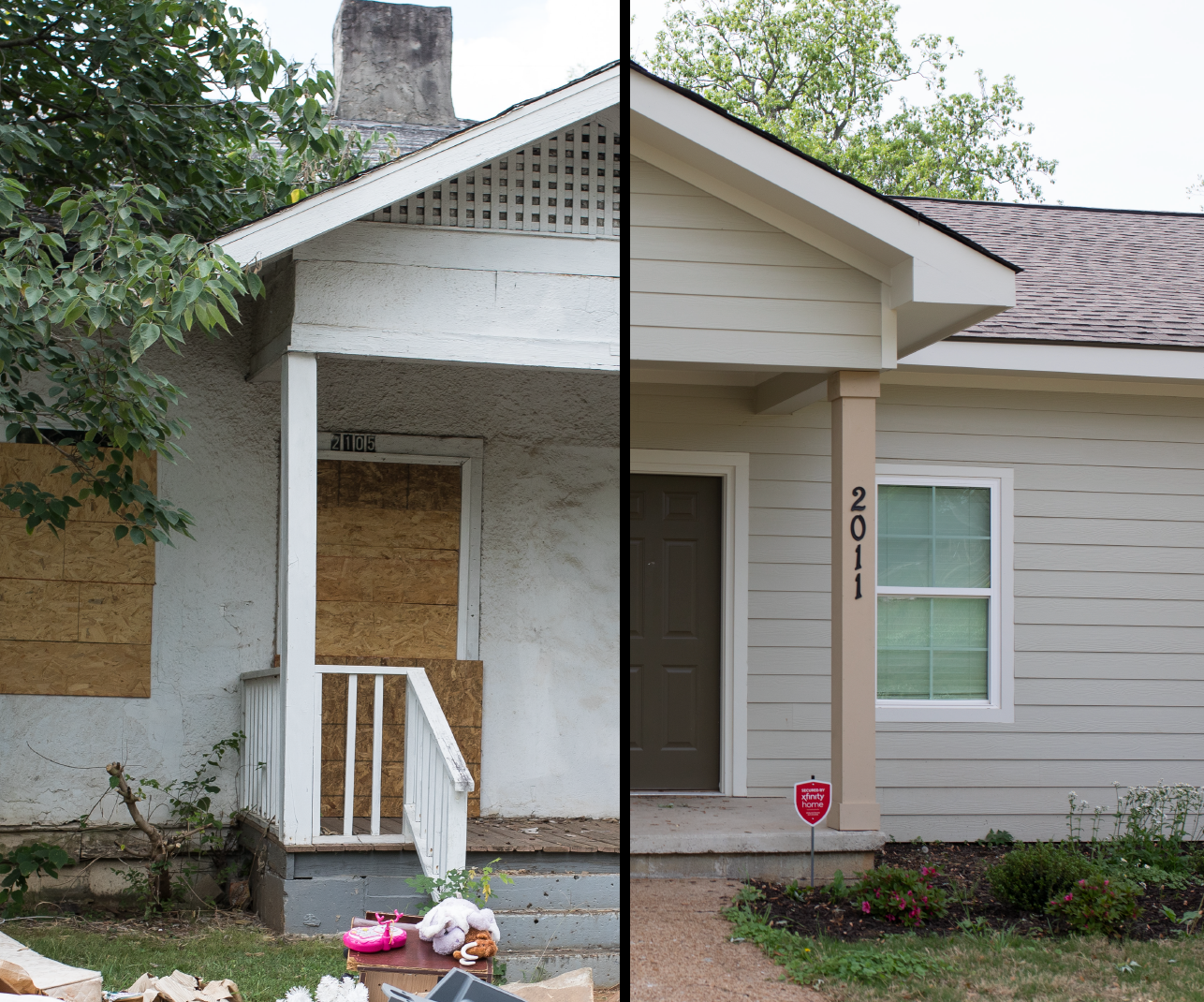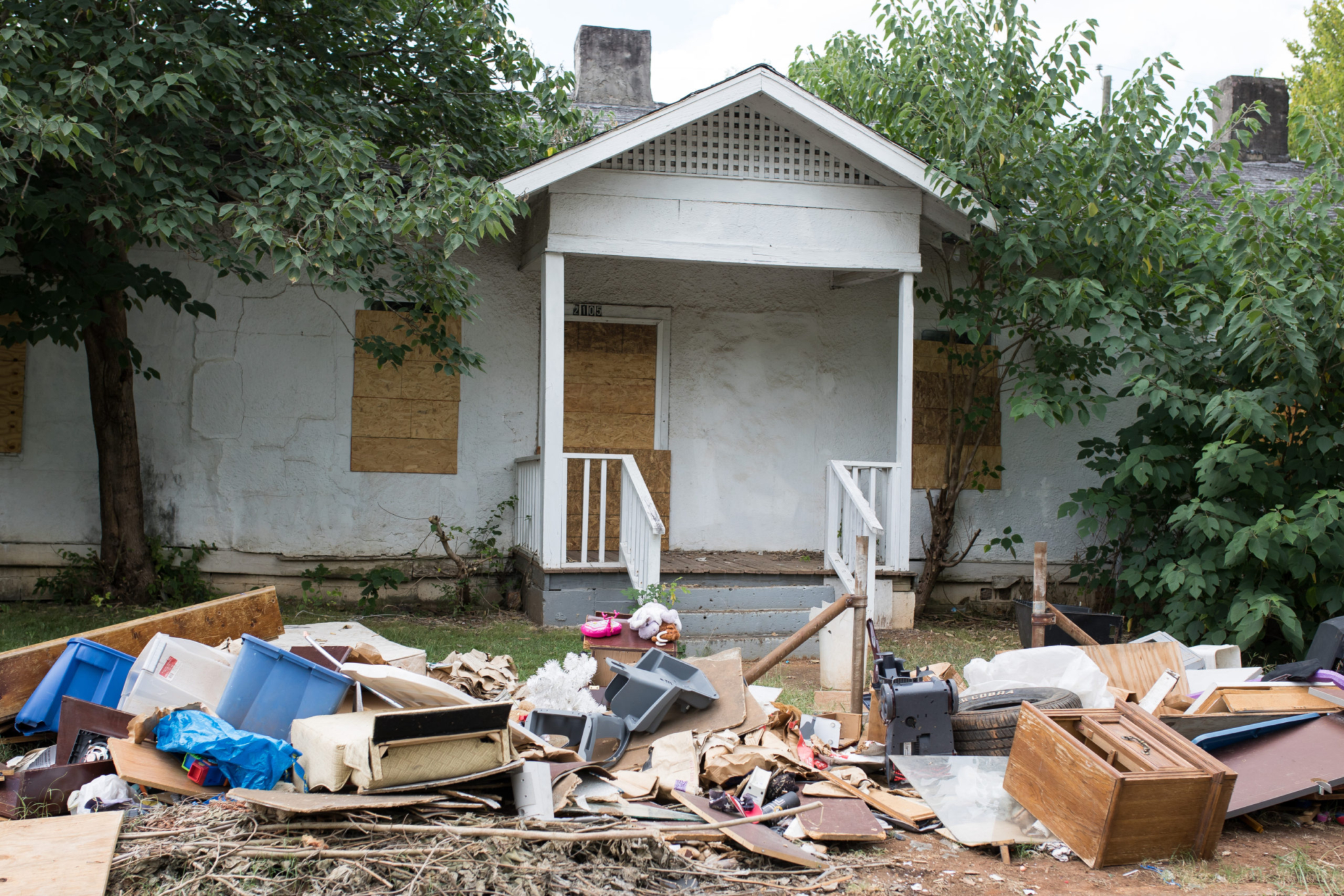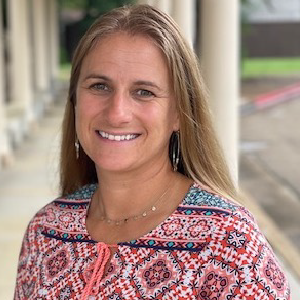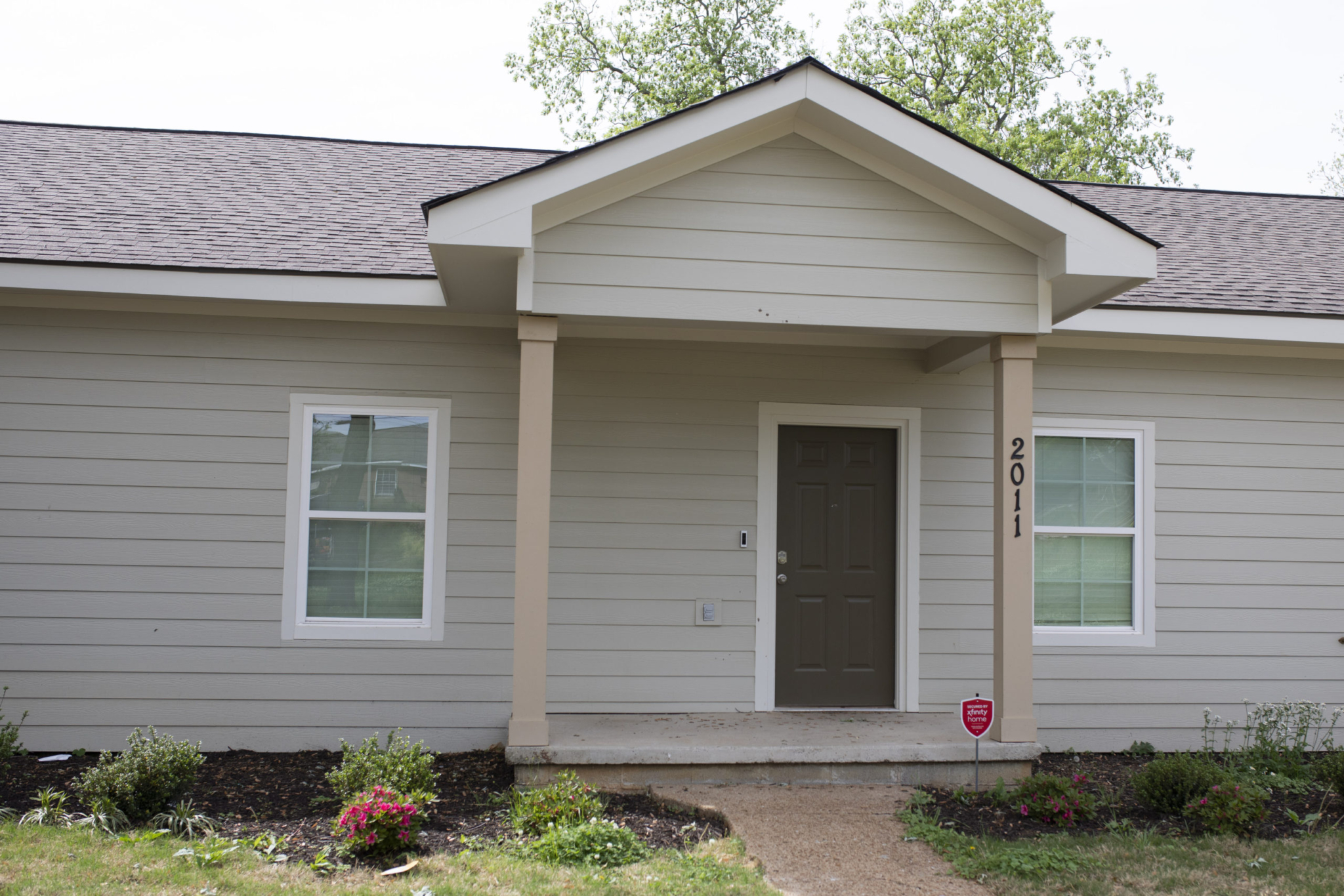Restoring Lives Through Restored Homes: Lincoln Village’s Inspiring Community Development Ministry
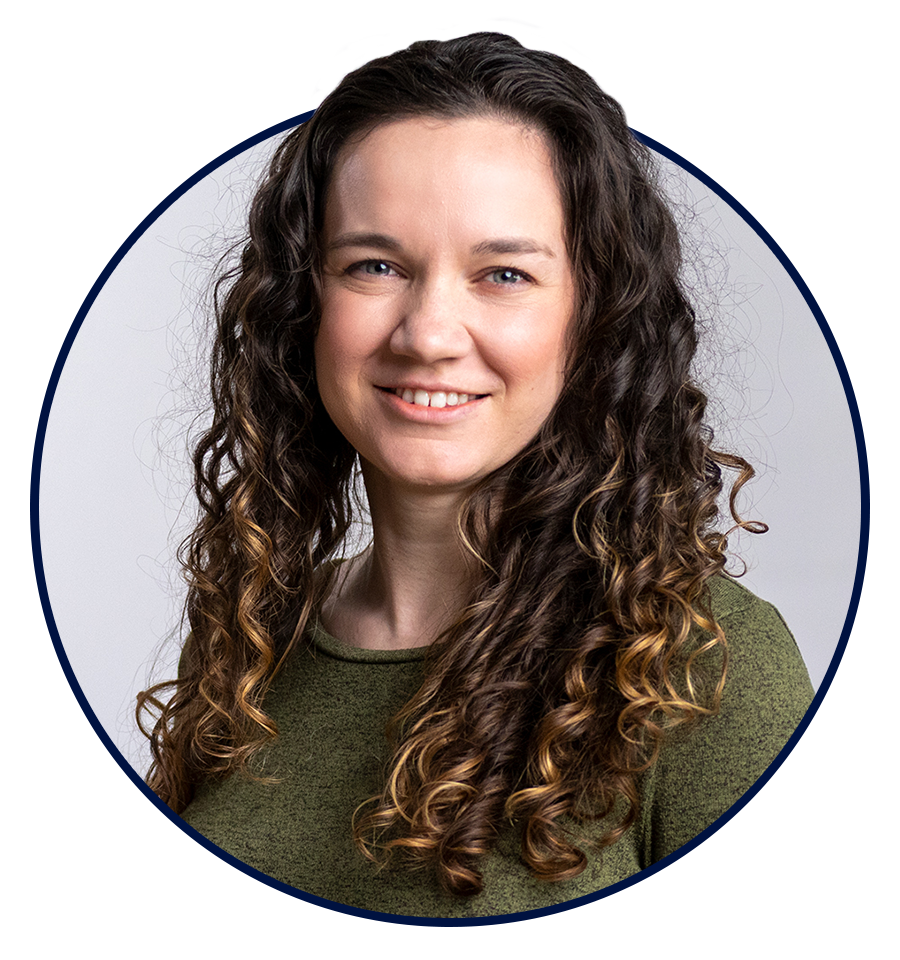
Events Director/Adjunct Instructor
Read more from Savannah
In the Lincoln neighborhood of Huntsville, Alabama, the freshly painted homes, trimmed lawns, and children playing on the quiet streets serve as more than just a testament to the power of a good home renovation. They’re a testament to the power of God’s restorative work, both in the physical world and in people’s hearts.
Had you stepped into that now warm, inviting neighborhood twenty years ago, you wouldn’t have been able to recognize it. Crime-ridden and economically depressed, the feeling of hopelessness hung thick in the air. The dilapidated houses provided their weary tenants with a roof over their heads, but not much else: in fact, many of the homes were so run-down that they didn’t have electricity, running water, or working sewage.
It’s obvious that a seismic change has occurred in the last twenty years in that once severely depressed area. What happened?
The Lincoln Village team would tell you that it was God’s redemptive intervention made through His Church. That, and a whole lot of paint.
What started as one man’s determination to share the Good News of the Gospel in the shadows of this dark place grew into a holistic neighborhood transformation. This 1.5 mile radius community now offers youth educational opportunities and 30 renovated homes for the working poor. Renovation of 27 additional transitional homes will be completed by the end of 2024.
While providing clean, affordable housing was an admirable feat, the decision to complement it with holistic services delivered through intentional relationships turned out to be a pivotal one.
“You can build as many houses as you want, but if you don’t have restoration with God and others, you’ll never experience real change,” explains Lincoln Village Executive Director Lakshmi Nallamala.
To ensure the right candidates are in the program, the application process is quite thorough. The first phase begins with housing application questions about income, work, previous residences, and the like. Residents are required to work 30 hours a week and make at least $14,000 in gross annual income.
Qualified applicants then apply for the Evolve program. “This is when a lot of people start to realize that this is more than just housing,” Field Staff Director Jess Ahrens laughs.
“There are questions about their goals, areas in which they’d like to grow, questions about their communication skills, their finances, parenting style, past traumas … you name it!”
Jess explains that the intent of this questioning is “to find people who are ready for change and looking for support to reach their goals, because that’s what Lincoln Village provides.”
To further drive home Lincoln Village’s determination to create a space defined by honesty and reciprocal relationships, the next phase of the application process involves meeting a group of several staff members, each of whom share very openly their own hurts and struggles. “90% of the time, candidates will also share their own story with the group in a very real, raw way. A lot of times, we’re all in tears by the end. We just are very intentional about creating a space where walls can come down,” Jess explains.
From here, the selected candidates are those who have demonstrated the greatest willingness to be transparent, to learn, and to grow. Of those who make it to the interview stage, roughly 80% of these applicants end up in a Lincoln Village home. Heartbreakingly, in part, due to the housing crisis in Huntsville, Lincoln is only able to house 5% of those who apply.
Anyone hoping to hide behind the four walls of their Lincoln Village home will be disappointed: Isolation is not the name of the game in Lincoln Village. Rather, from day one, each resident is encouraged to participate in the strong social support system.
This relational support is spearheaded by Lincoln Village’s Neighborhood Coordinators, staff members whose aim is to share the transforming power of the Gospel and provide holistic support to residents. Neighborhood coordinators meet with families in their homes to share life together, dream of the future, and create strategies to make that future a reality.
While the specifics of the relationship look different based on the needs of the resident, the basic structure looks like this: Each Neighborhood Coordinator is assigned to 5 families and is expected to meet with each at least twice a month, on top of regular phone call/text check-ins. For the duration of the resident’s stay in Lincoln Village (the average is three years), Neighborhood Coordinators focus primarily on helping residents set and achieve goals. Lincoln Village has no shortage of connections and opportunities available to residents to help them pursue their goals: a resident could take advantage of a matched savings account, weekly Bible studies, counseling, support groups for single moms, and educational scholarships, to name a few.
“The Neighborhood Coordinator’s job is to set the table. The resident’s job is to choose to sit down at it,” Jess shares about the wide variety of resources available.
While the Neighborhood Coordinator is tasked with helping the resident define and achieve goals, no less important is their job to bolster an area so frequently languishing: friendship. For that reason, while many meetings involve activities such as poring over budget spreadsheets or signing up for GED classes, others involve simply pouring a cup of coffee and having a chat on the couch, like two old friends catching up.
That friendship doesn’t just spring up overnight, though. “Honestly, the first year of meeting with a resident is what it takes to build trust,” Jess shares. On the task-oriented side of things, before Neighborhood Coordinators can help a resident catch the vision for what their life could look like, they have to help put out the fires that trap residents in day-to-day survival mode.
“It’s not unusual at all for residents to enter Lincoln Village with crises on multiple fronts,” Jess shares. As an example, one resident came in with an enormous car payment—just under $600 a month—complete with a 28% interest rate. The first order of business was working with this resident to help her sell her vehicle to relieve her of this burdensome drain on her finances.
Jess recounts a recent success story: One Lincoln Village resident overcame a difficult addiction and was able to work her way from near-eviction to being a resident in good standing, thanks to the accountability and friendship provided by Lincoln Village staff and other residents. At the end of what turned out to be a trying 6-month ordeal for the resident, her Neighborhood Coordinator texted her saying, “I am so proud of you!” The resident responded with the following: “Thank you for believing in me when nobody else did.” For this resident, her neighborhood coordinator’s determination to believe in her and encourage her through every trial gave her the strength to overcome the immense challenges she faced.
“You know, it really doesn’t take a lot to change someone’s life,” Jess concludes. “It takes someone willing to take the time to listen, encourage, and share the hope found only in Christ.”
That, and a whole lot of paint.
Watch Lincoln Village Ministry explain their charity model in their own words.
God is on the move at Lincoln Village and its staff warmly welcomes you to see the transformation for yourself if you’re ever in Huntsville, AL! Until you’re able to make the trip, though, you’re welcome to call or email with questions you may have. You can find contact info for Lincoln Village Ministry in the Member’s Directory.
This article is just the tip of the iceberg for the practical resources available through the True Charity Network. Check out all of the ways the network can help you learn, connect, and influence here.
Already a member? Access your resources in the member portal.

